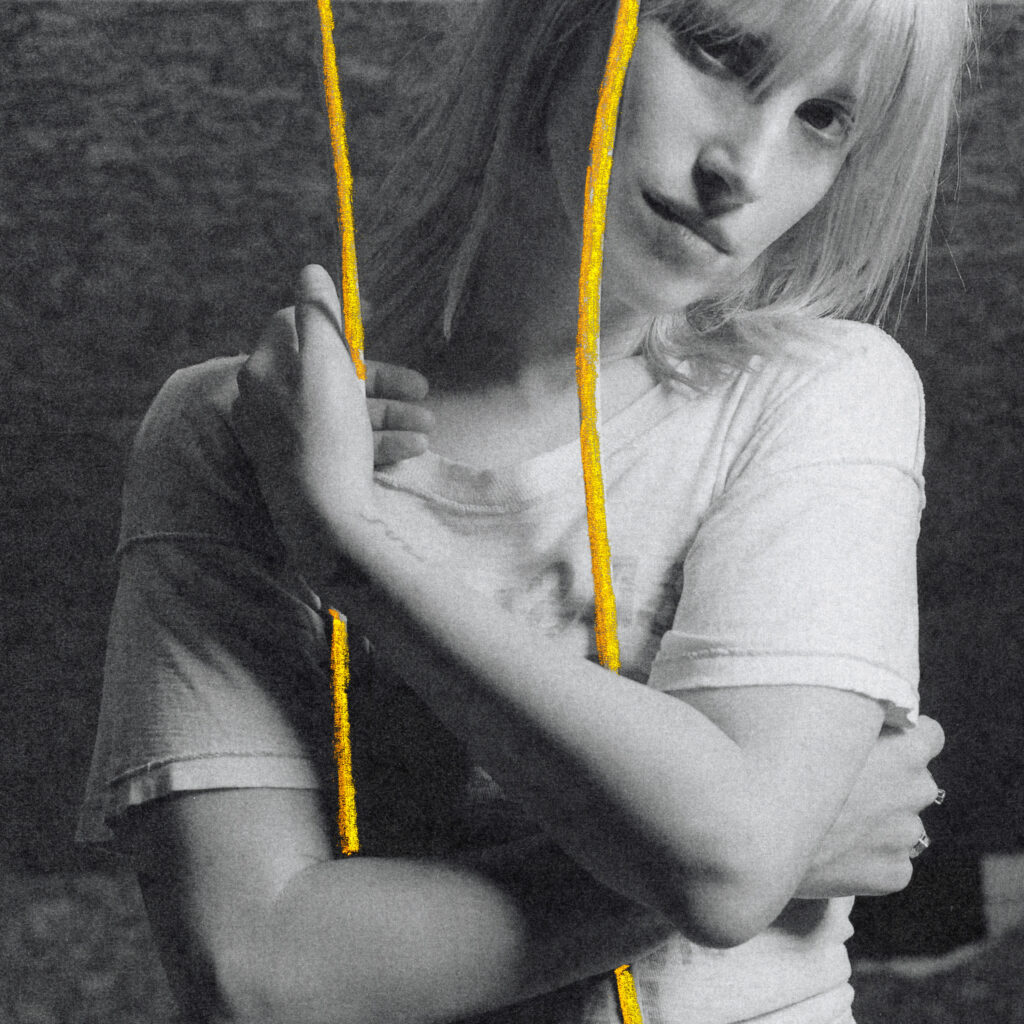Hayley Williams has never been one to bite her tongue, and now she’s flat out naming Morgan Wallen as the ‘racist country singer’ referenced on her new solo album Ego Death at a Bachelorette Party.
The Paramore frontwoman confirmed the lyric in a recent New York Times interview, where she was asked directly about the line: “I’ll be the biggest star at this racist country singer’s bar.” Without missing a beat, Williams replied, “It could be a couple, but I’m always talking about Morgan Wallen, I don’t give a sht… Find me at Whole Foods, btch! I don’t care. I just don’t care.”
The moment cements Williams’ reputation for speaking unapologetically about race, politics, and social issues, subjects she’s consistently addressed both in and out of her music.

Controversy for Wallen
Wallen, by contrast, has been mired in controversy since 2021, when he was caught on video in Nashville using the N-word and other slurs. While many in the industry condemned him, his commercial dominance only grew, with record breaking streams and sold out stadium shows. Williams’ shot lands at the heart of that contradiction, a racist scandal didn’t derail his career, but she refuses to let it slide unchallenged.

Elsewhere in the Ego Death album cycle, Williams has spoken about drawing on history and local identity for inspiration. On ‘True Believer’, she nods to Billie Holiday’s anti lynching song ‘Strange Fruit’. In the same Times interview, she described researching Franklin, Tennessee, where land once bought by a formerly enslaved man is preserved amid rapid gentrification.
“I’m really proud of the fact I wrote about my city, and I was also able to inject some of this history I’m aware of, and feels really important to pass on,” Williams said.
For Williams, the personal and political continue to overlap. Whether it’s calling out systemic racism, standing up for LGBTQIA+ rights, or tackling climate issues, her music remains a vessel for defiance. This time though, she’s putting a name to the fight.









